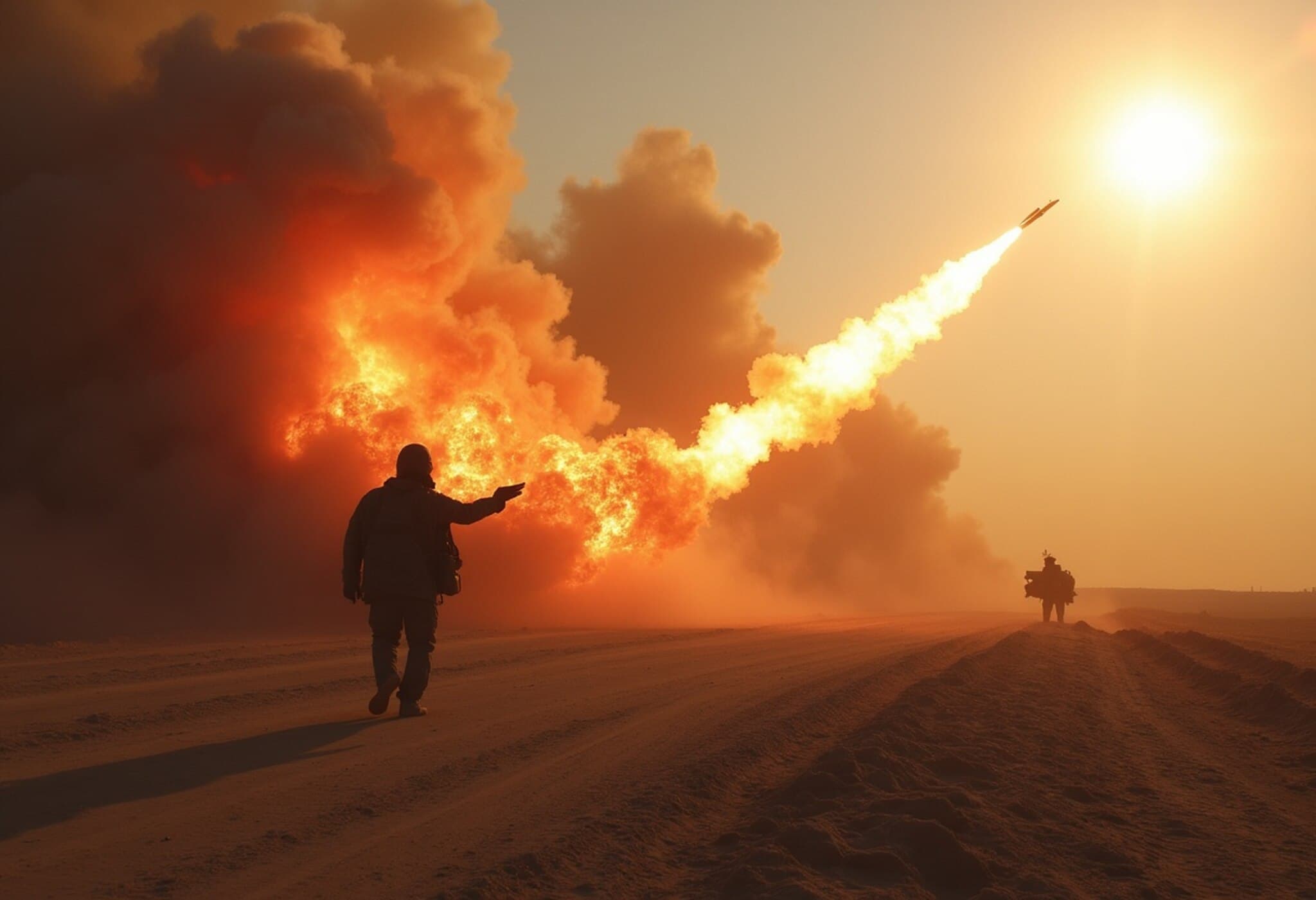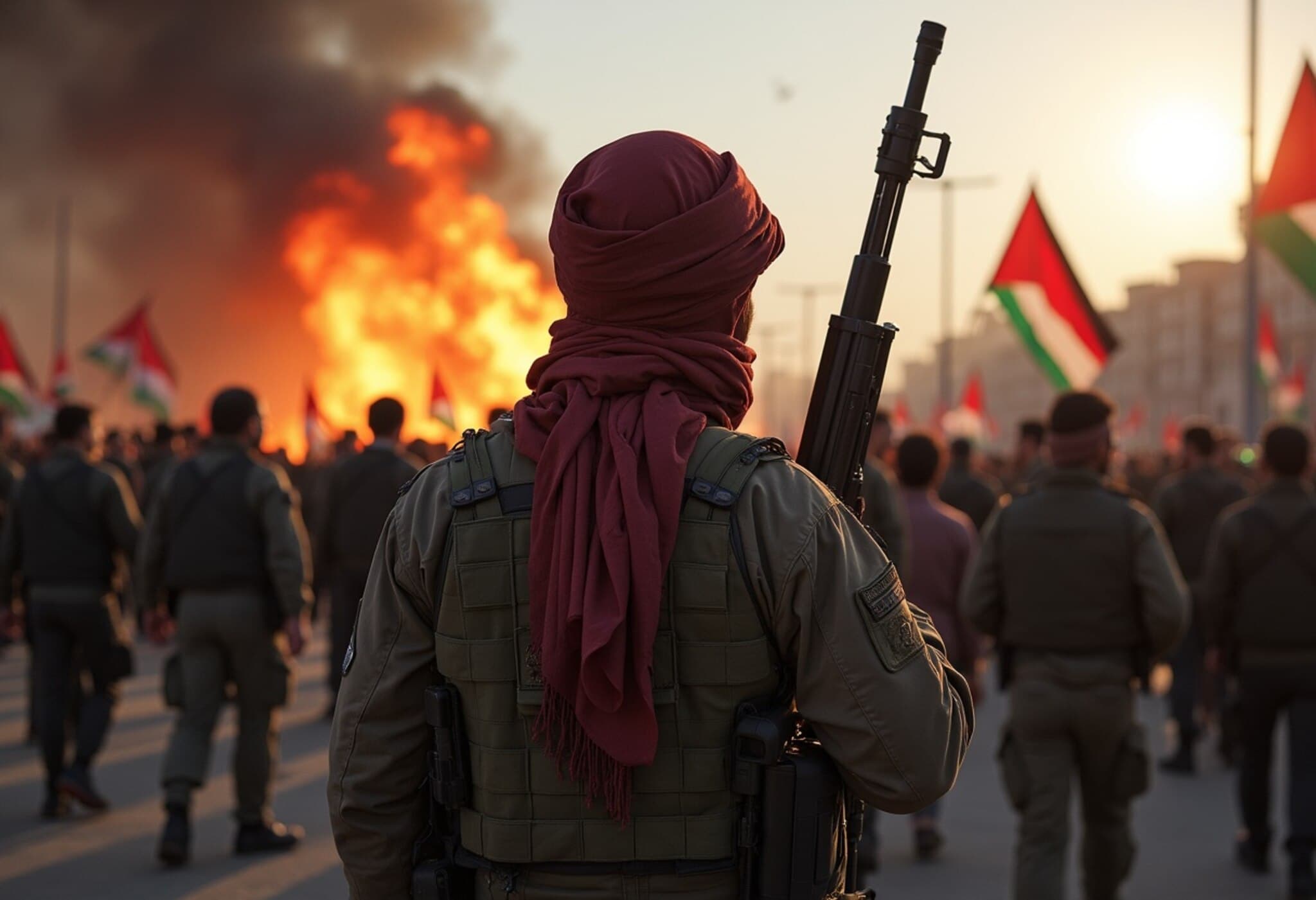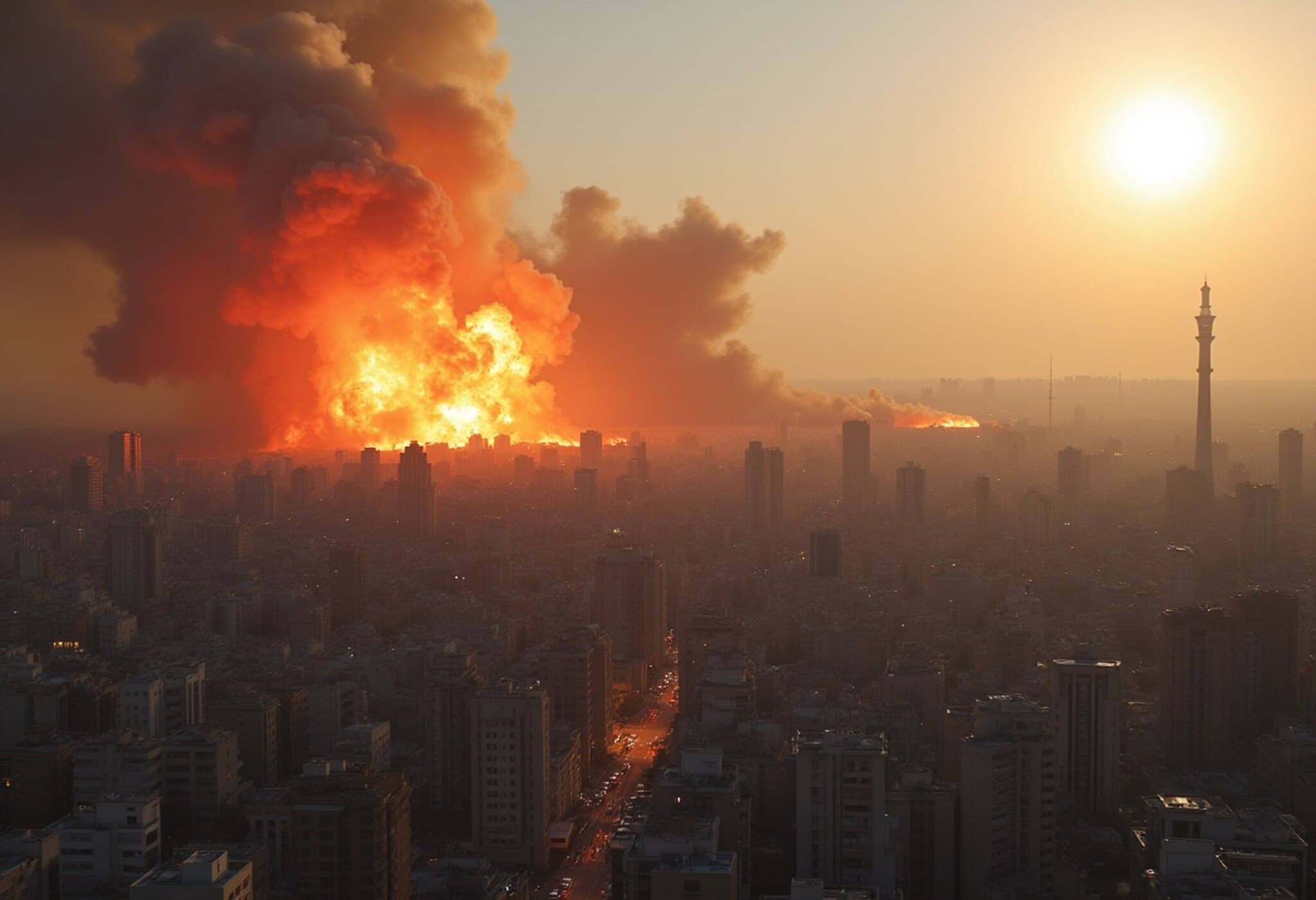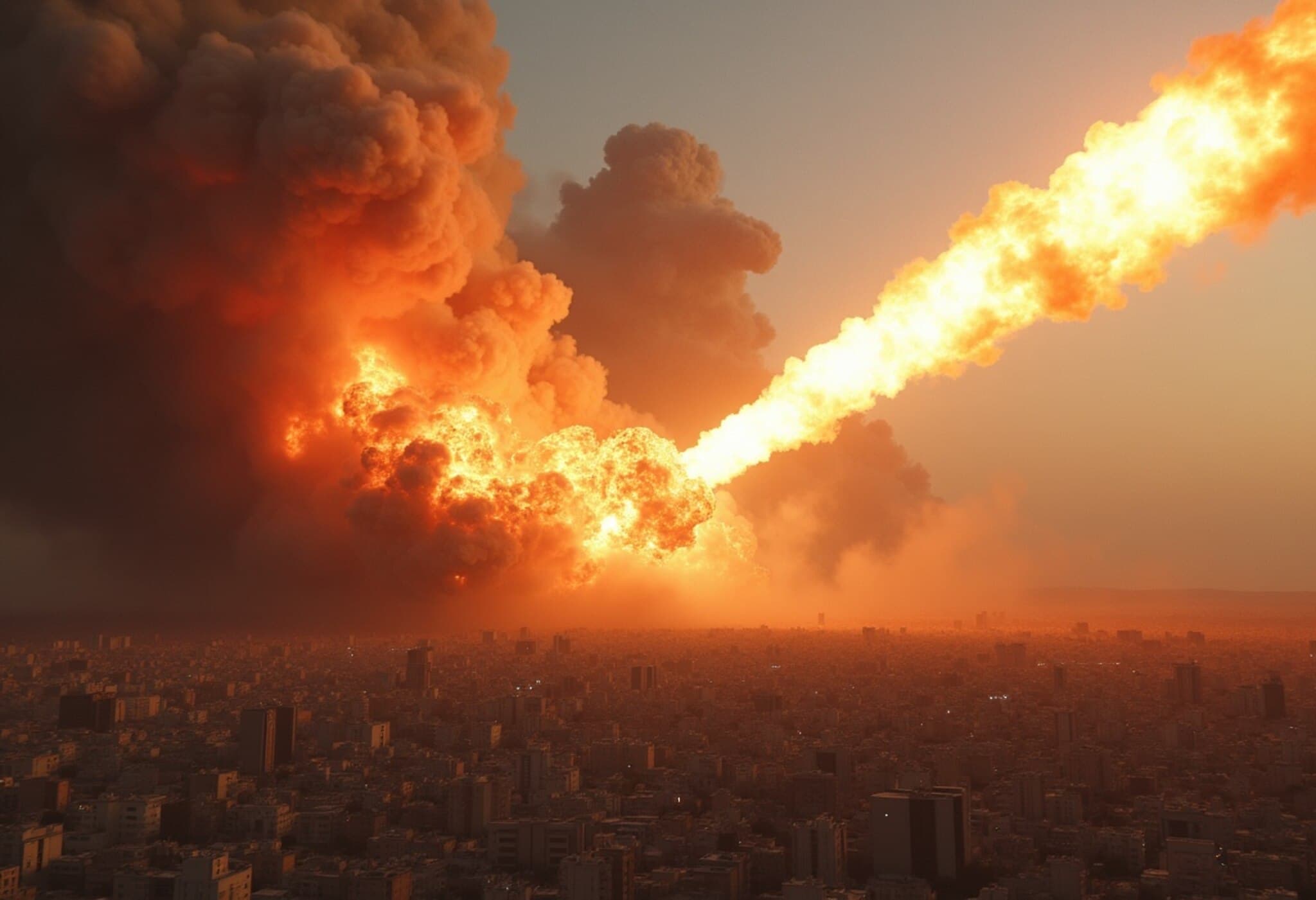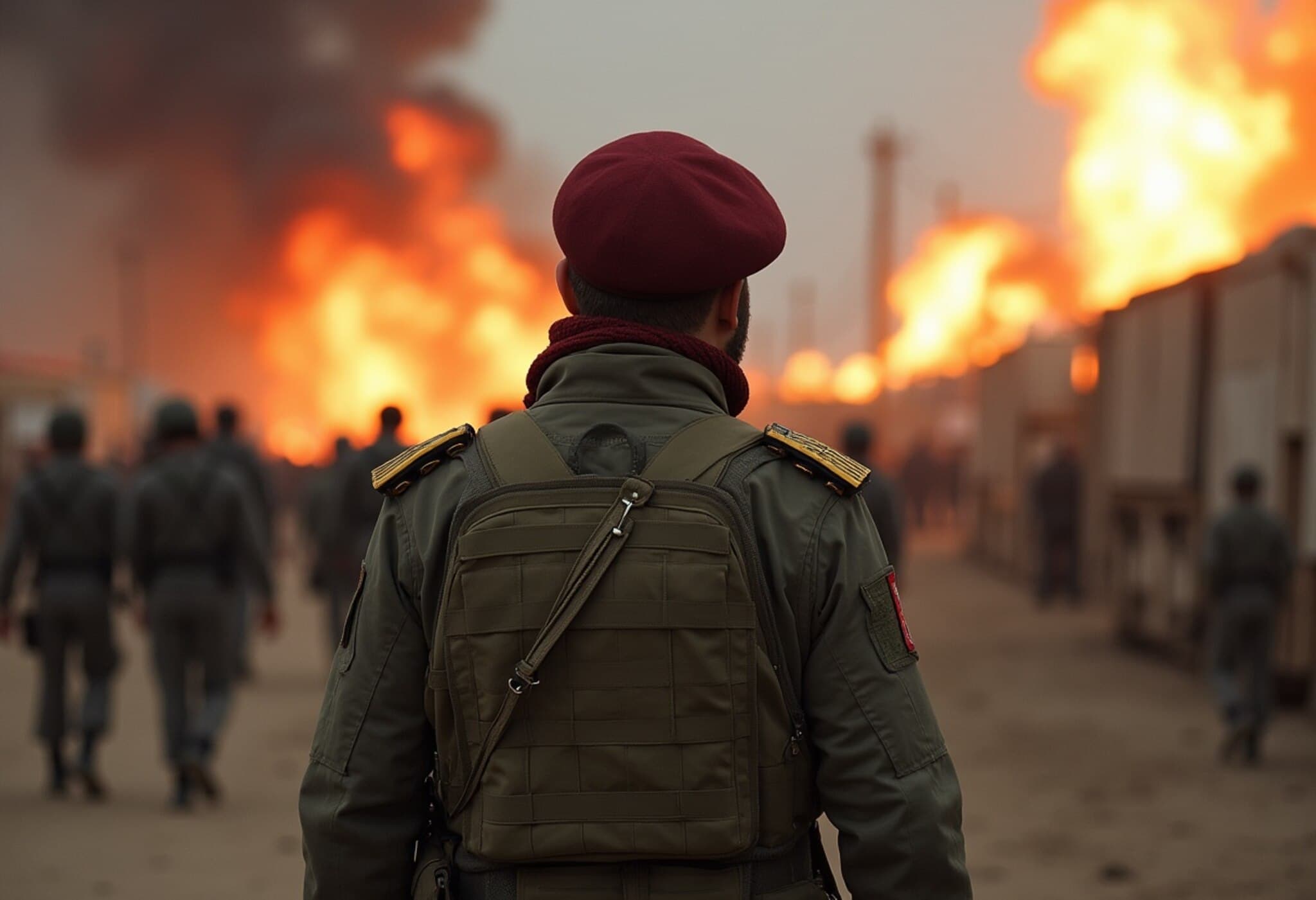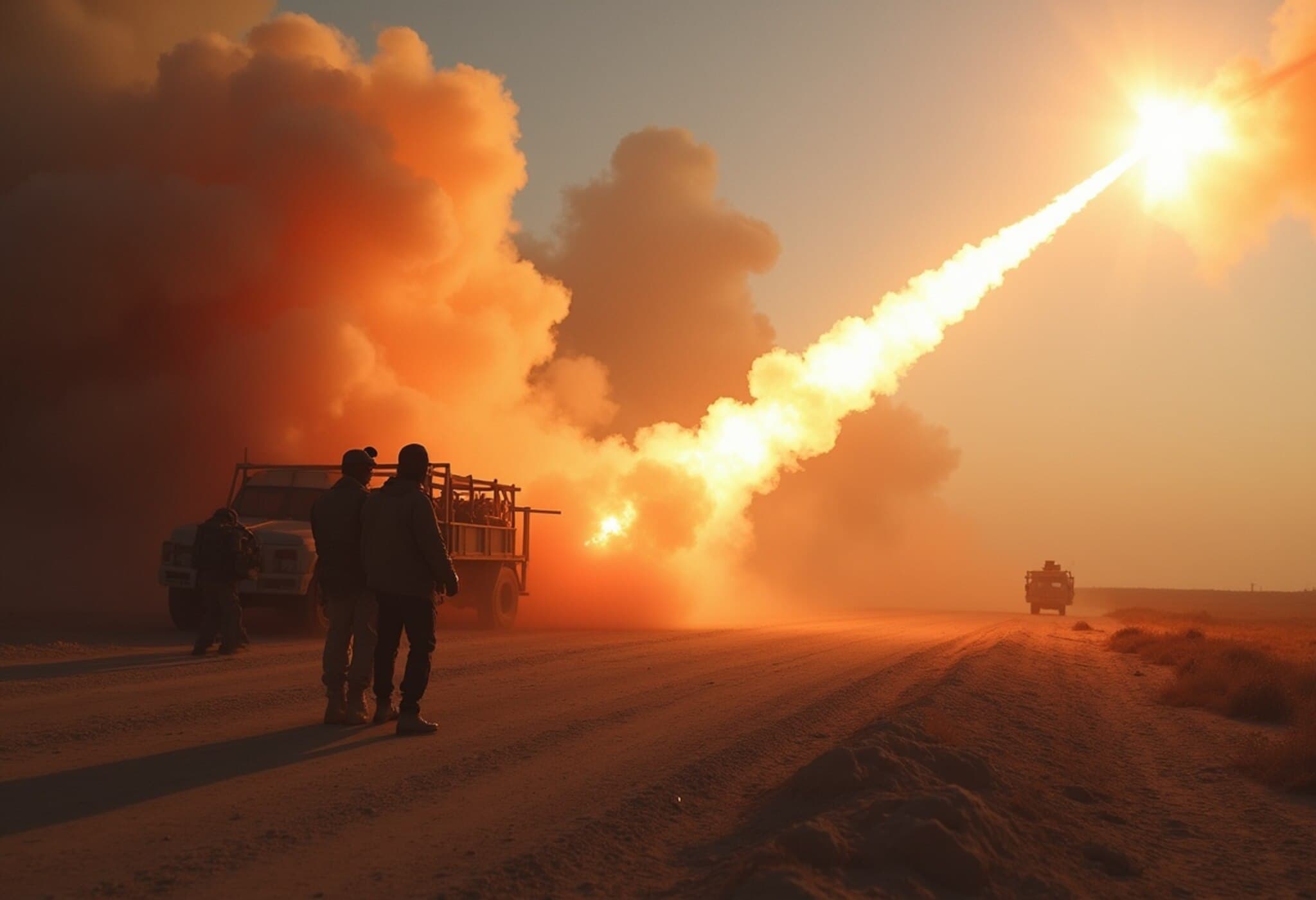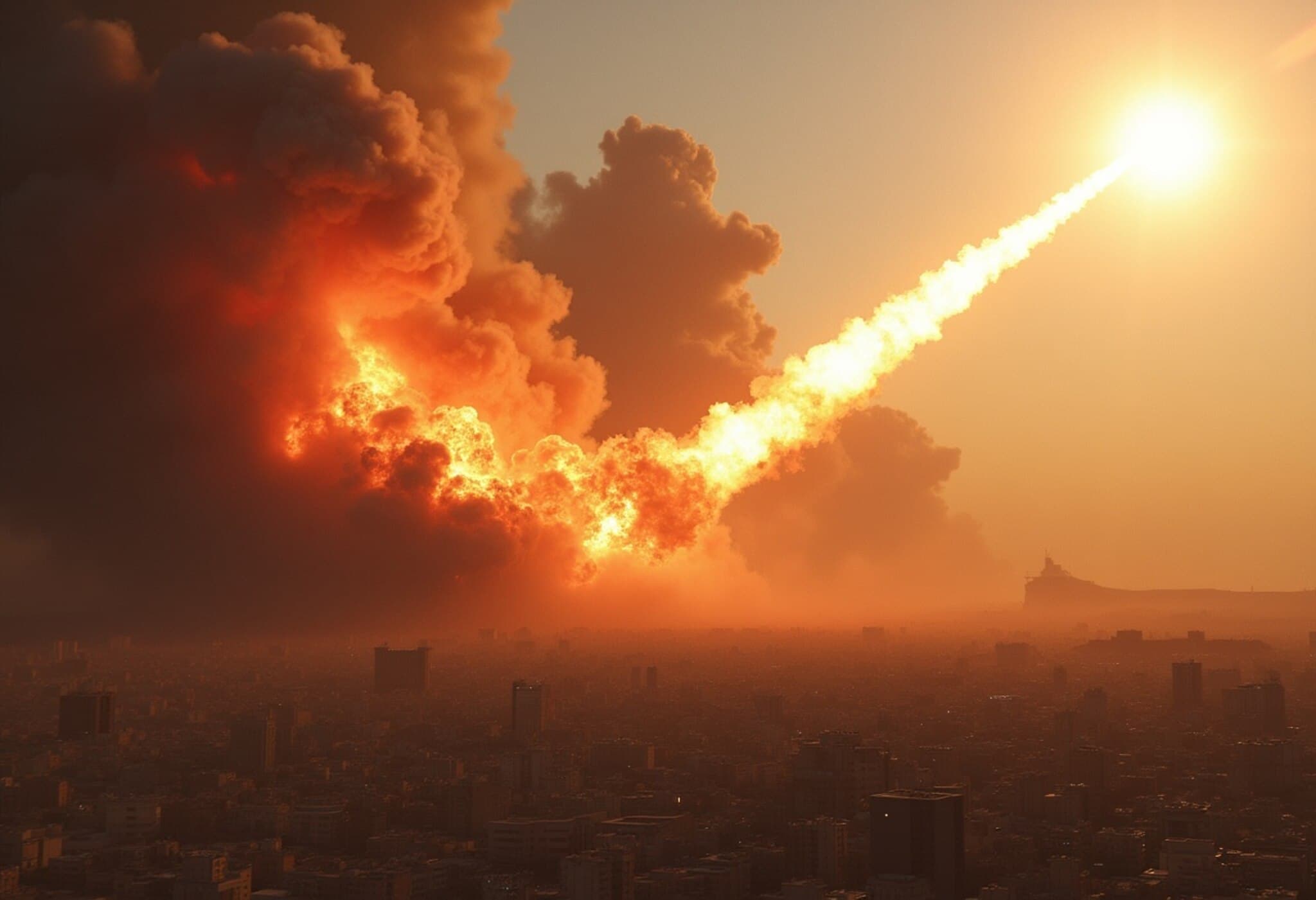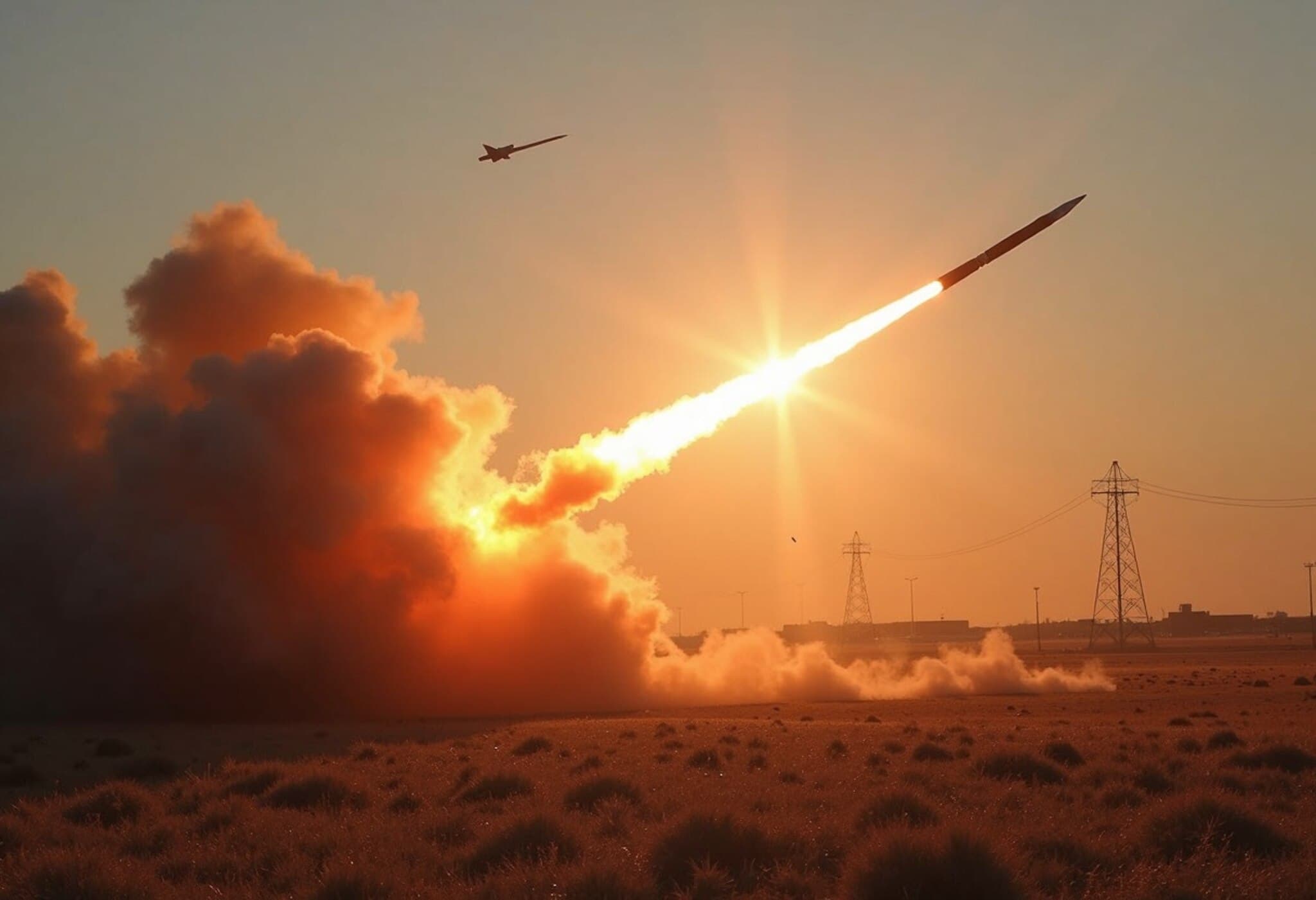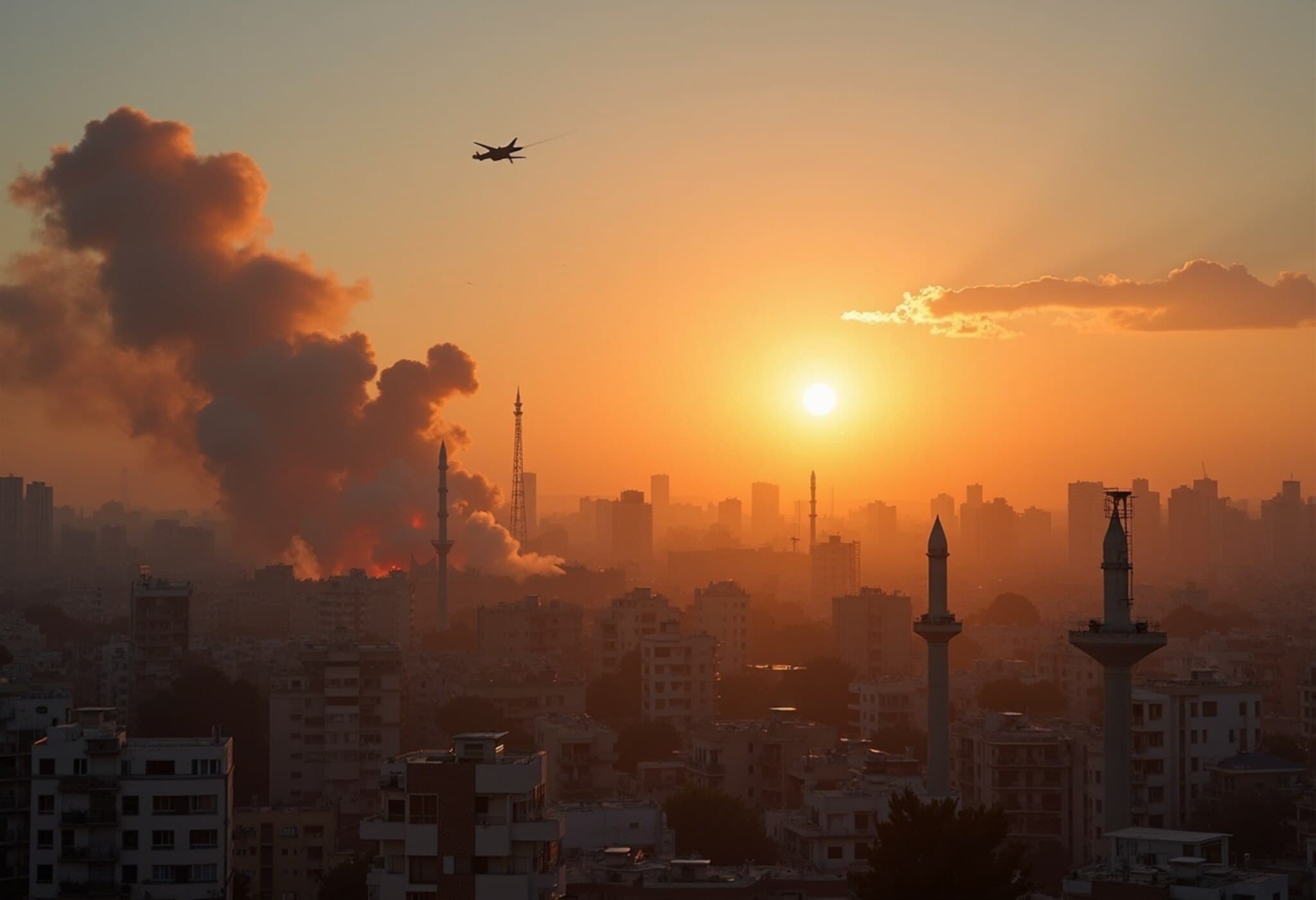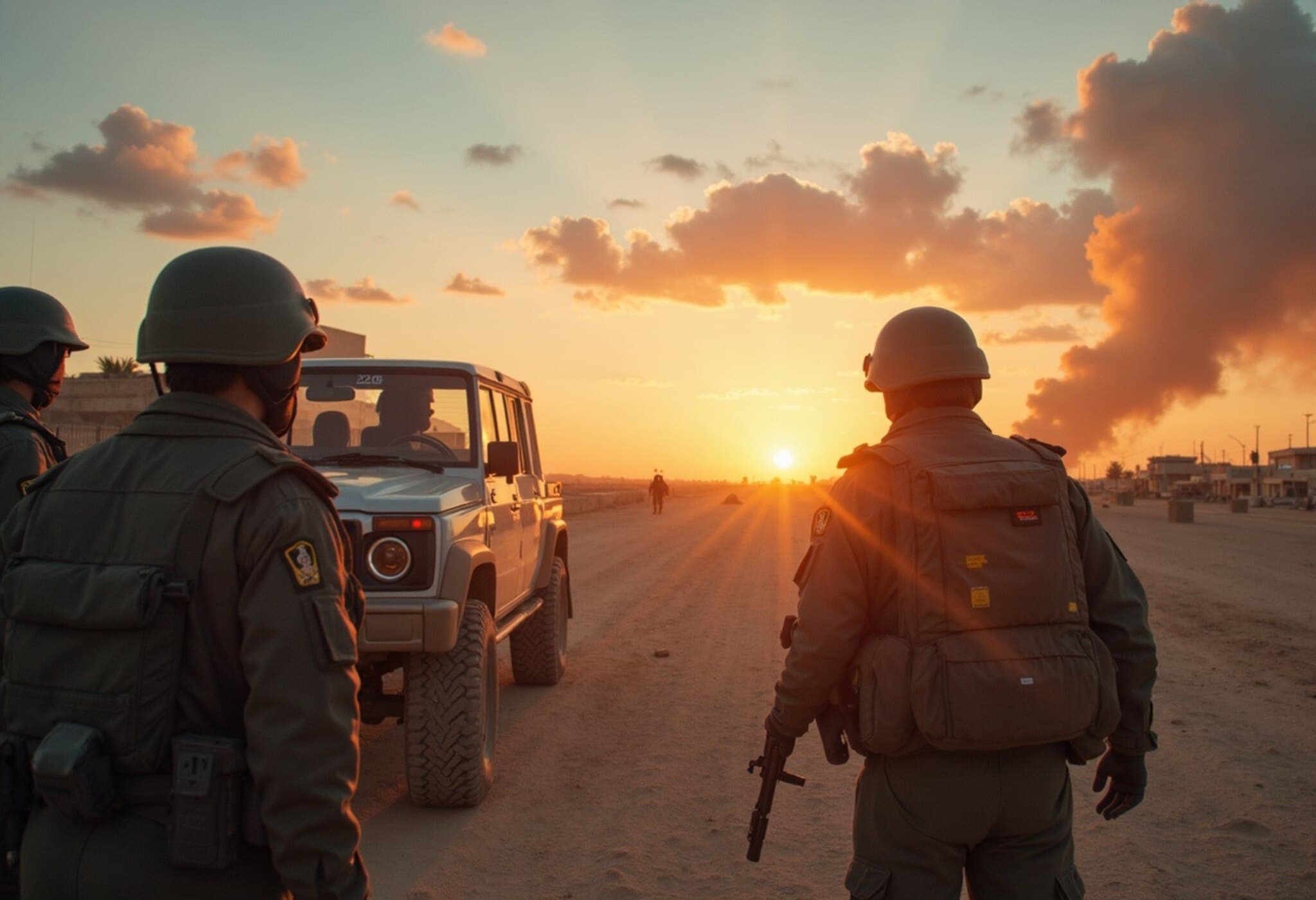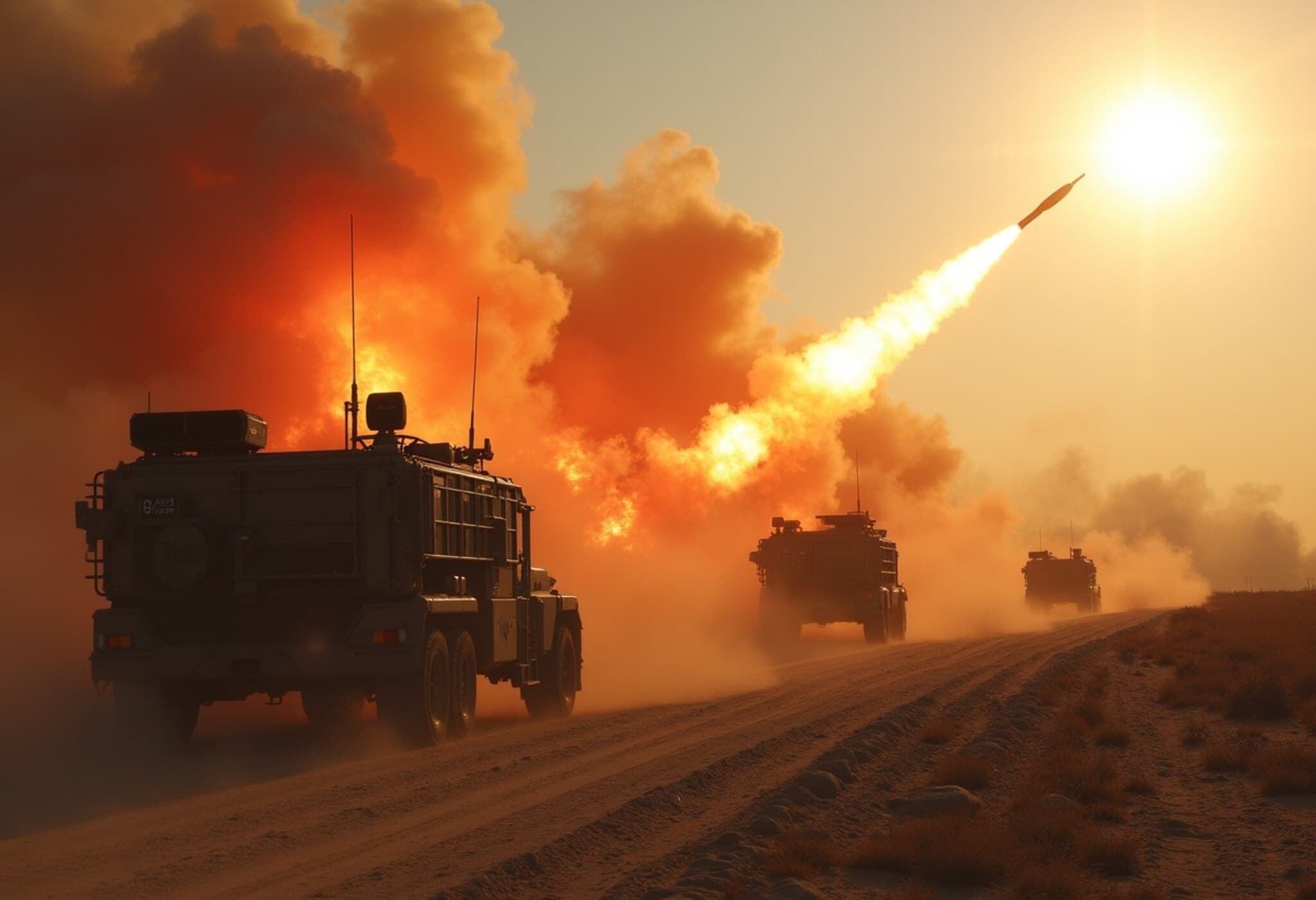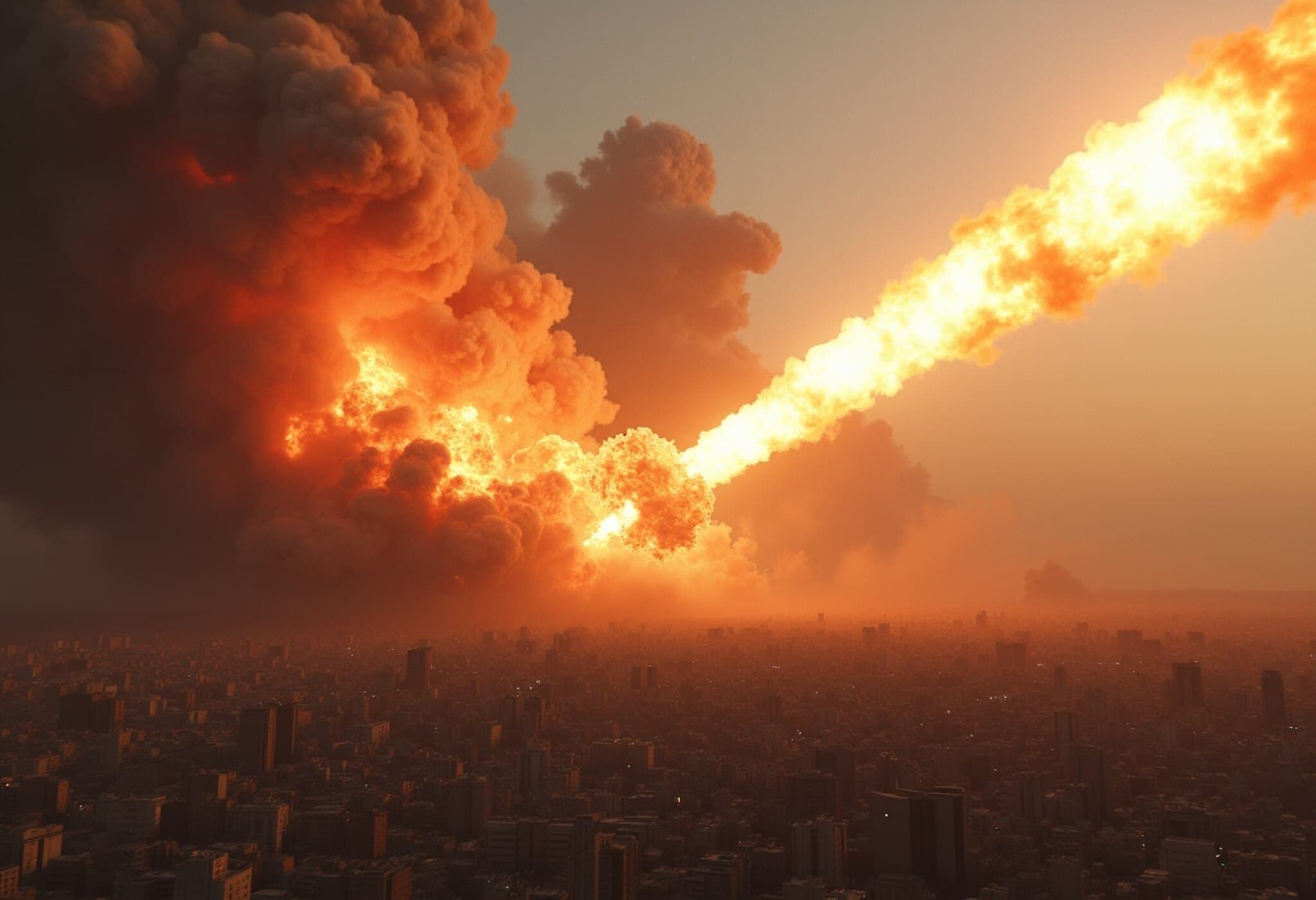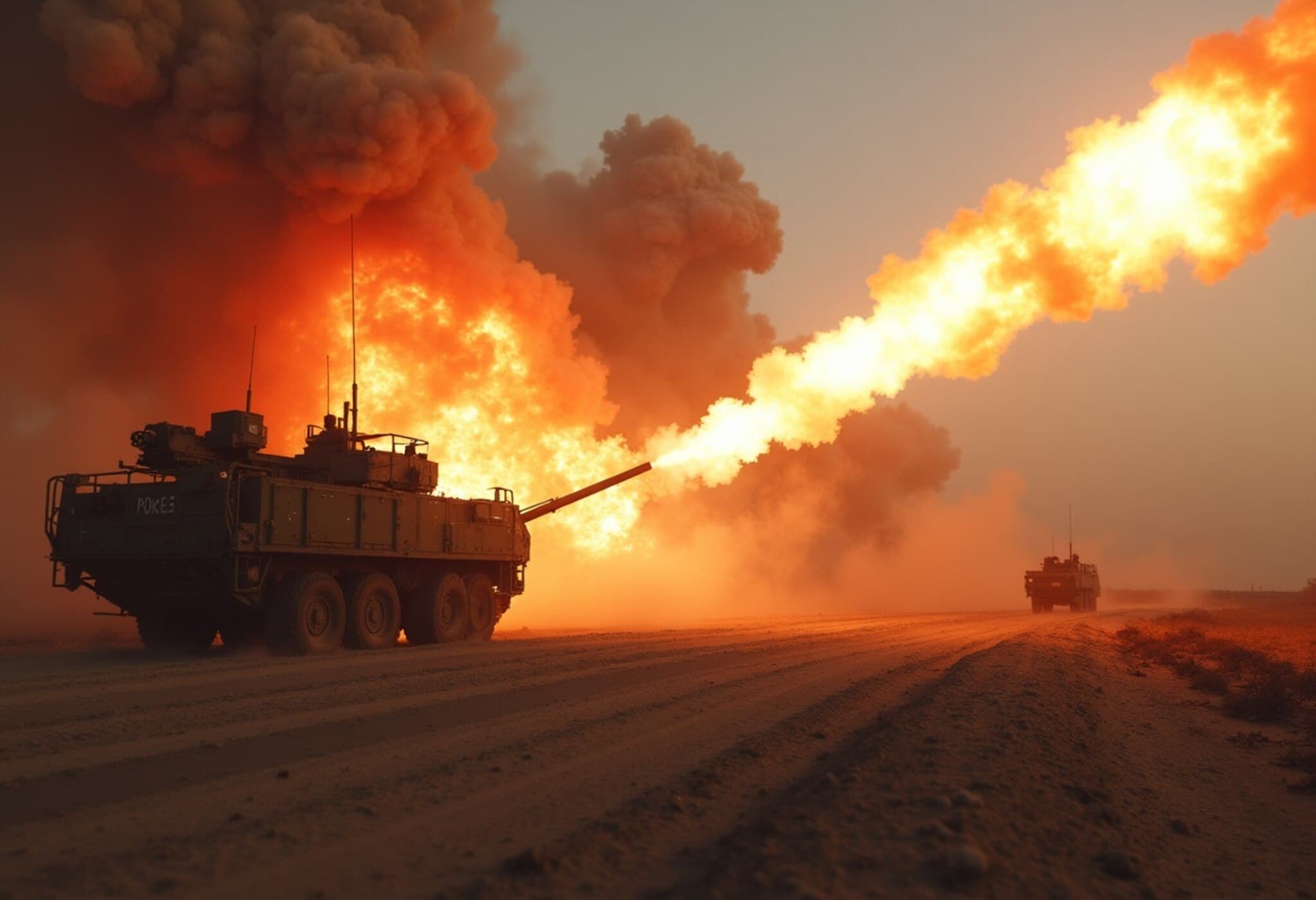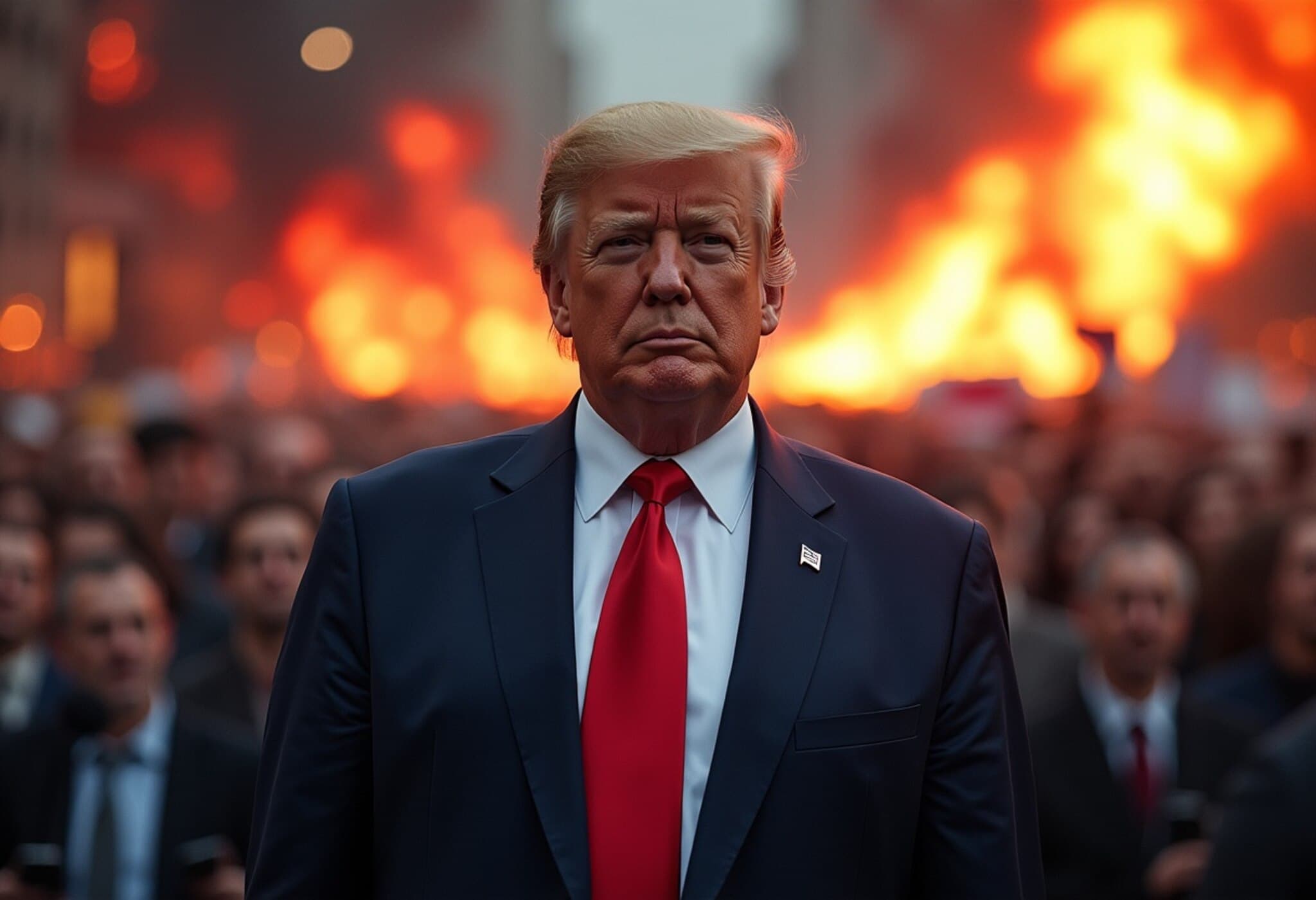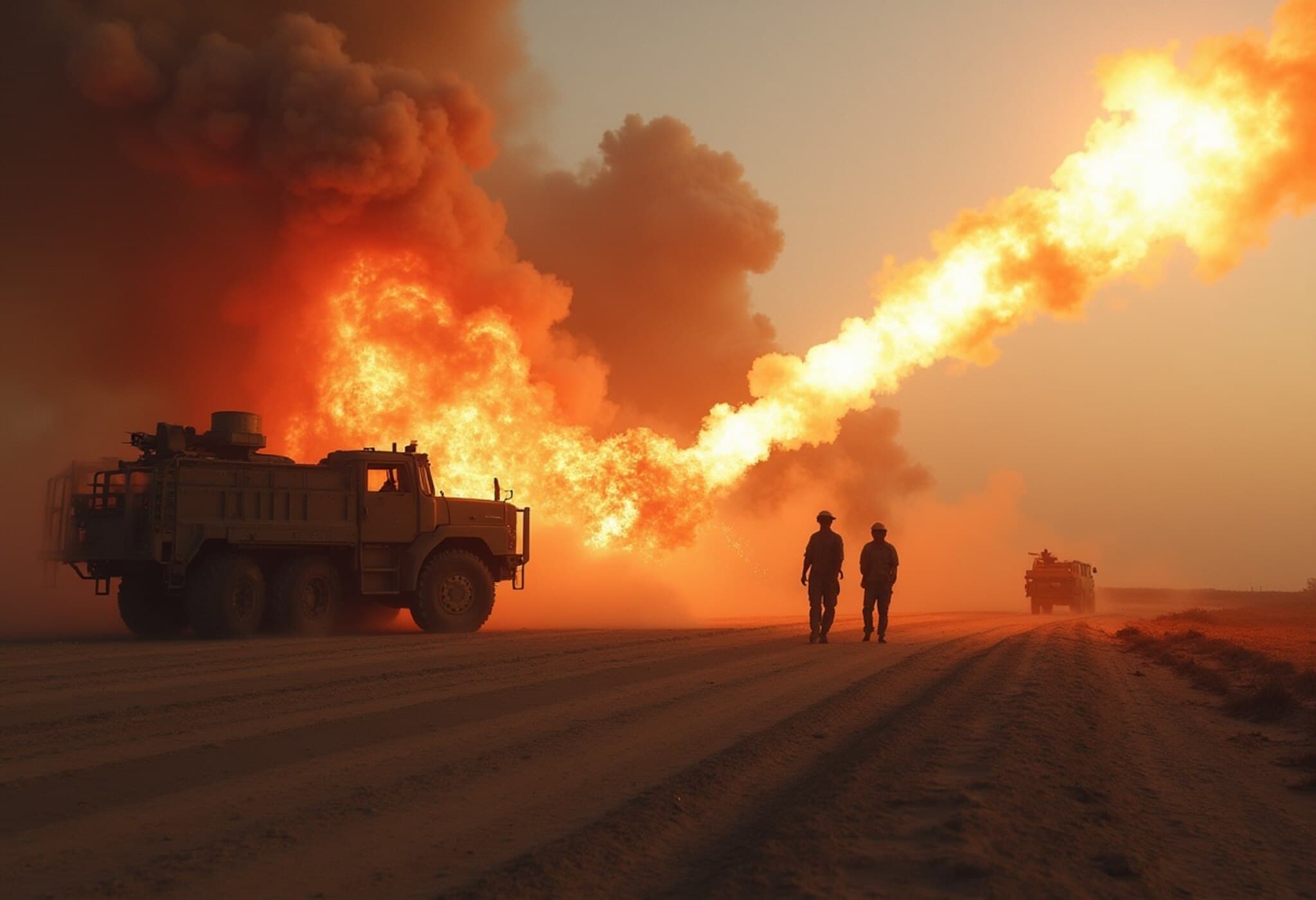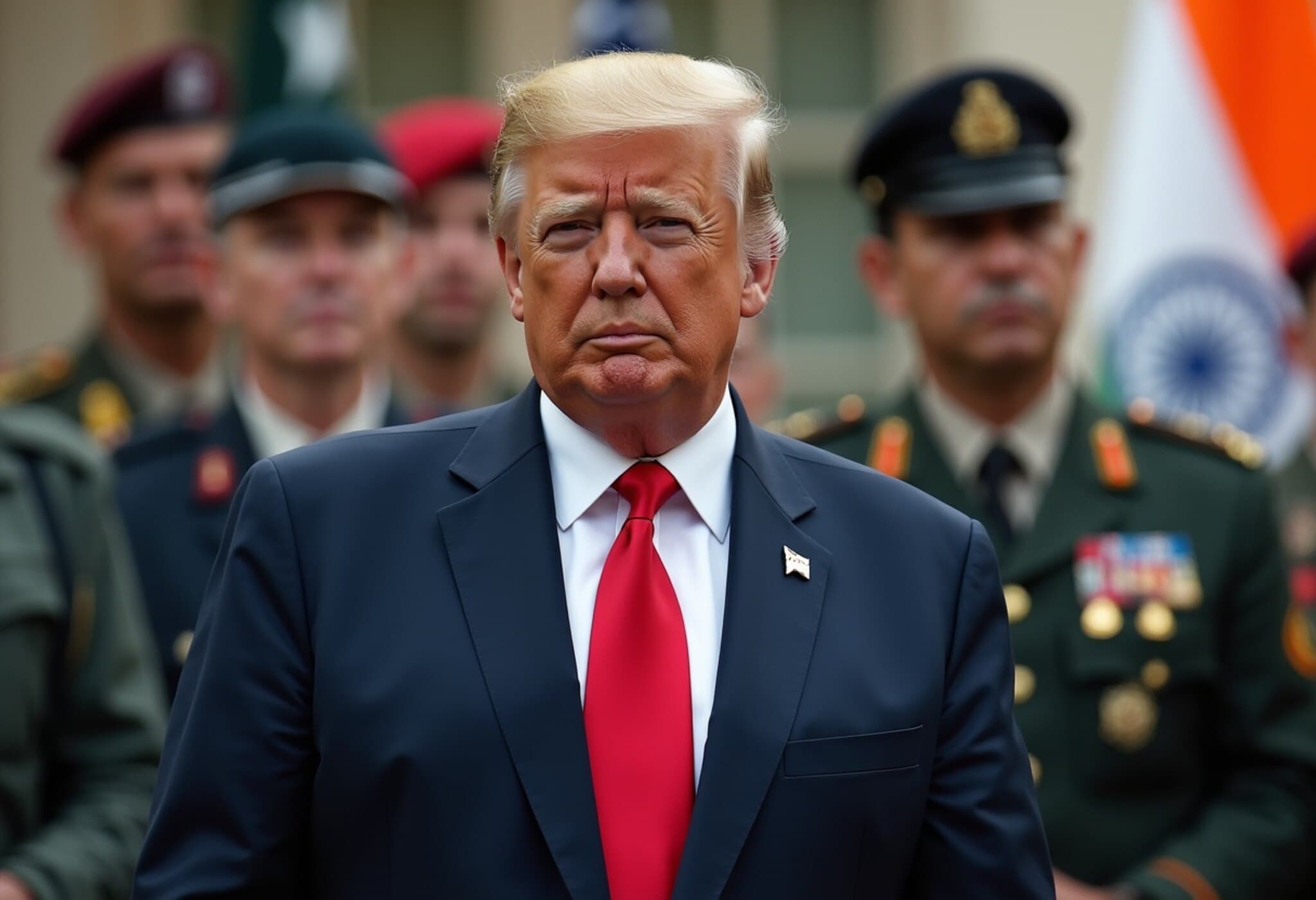Israel and Iran Escalate Conflict with New Attacks
Israel and Iran engaged in fresh military exchanges just hours after Iranian Foreign Minister Abbas Araghchi declared Tehran’s refusal to negotiate over its nuclear program under threat. The intensifying conflict underscores the deepening tensions in the region, following a series of recent strikes that have significantly raised stakes.
Background: Operation Rising Lion and Initial Attacks
The confrontation erupted last Friday when Israel launched "Operation Rising Lion", targeting Iran’s nuclear and military infrastructure, including key figures in its nuclear program. Israel’s military cited credible intelligence that Iran was close to acquiring nuclear weapon capabilities, prompting the aggressive response.
Top 10 Key Points on the Israel-Iran Conflict
- Missile Alert in Israel: Early Friday morning, sirens blared across central Israel, including Tel Aviv, signaling incoming missile fire attributed to Iran.
- Southern Israel Threatened: Iranian forces launched five ballistic missiles targeting southern Israel; however, initial reports indicated no confirmed missile impacts.
- Israel’s Retaliation: The Israel Defense Forces (IDF) swiftly struck back around 3 a.m., targeting missile storage facilities and launch sites deep within central Iran.
- Diplomatic Efforts Amidst Hostilities: Despite the ongoing conflict, Iranian Foreign Minister Abbas Araghchi met with European diplomats from the UK, France, Germany, and the EU to explore potential resolutions.
- Tehran’s Stance on Diplomacy: Araghchi emphasized Iran’s willingness to engage diplomatically, conditioned on an immediate halt to aggression and holding the aggressor accountable.
- Human Toll in Iran: Iranian human rights organizations report at least 657 fatalities, including 263 civilians, and over 2,000 injured due to Israeli strikes.
- Iranian Counterattacks: Iran has retaliated vigorously, firing approximately 450 missiles and deploying 1,000 drones, resulting in at least 24 Israeli casualties.
- Netanyahu’s Resolve: Israeli Prime Minister Benjamin Netanyahu vows to continue military operations "for as long as it takes" to neutralize the nuclear threat posed by Iran.
- U.S. Position: Former U.S. President Donald Trump indicated that a decision regarding American involvement on Israel's side could take up to two weeks.
- International Attention: The conflict has drawn intense global focus, with diplomatic efforts striving to prevent further escalation.
What Lies Ahead?
The situation remains fluid, with both sides locked in a cycle of attacks and counterattacks. Diplomatic channels are partially open but strained, underscoring the complexity of de-escalating a conflict rooted in decades-long mistrust. The coming days will be critical as international actors weigh intervention possibilities and attempt to mediate a resolution.
Summary
Israel’s targeted strikes against Iran’s nuclear facilities have ignited a fierce military confrontation, triggering missile exchanges and significant casualties. Despite some diplomatic overtures, both nations remain steadfast, raising concerns about a broader regional conflict.

